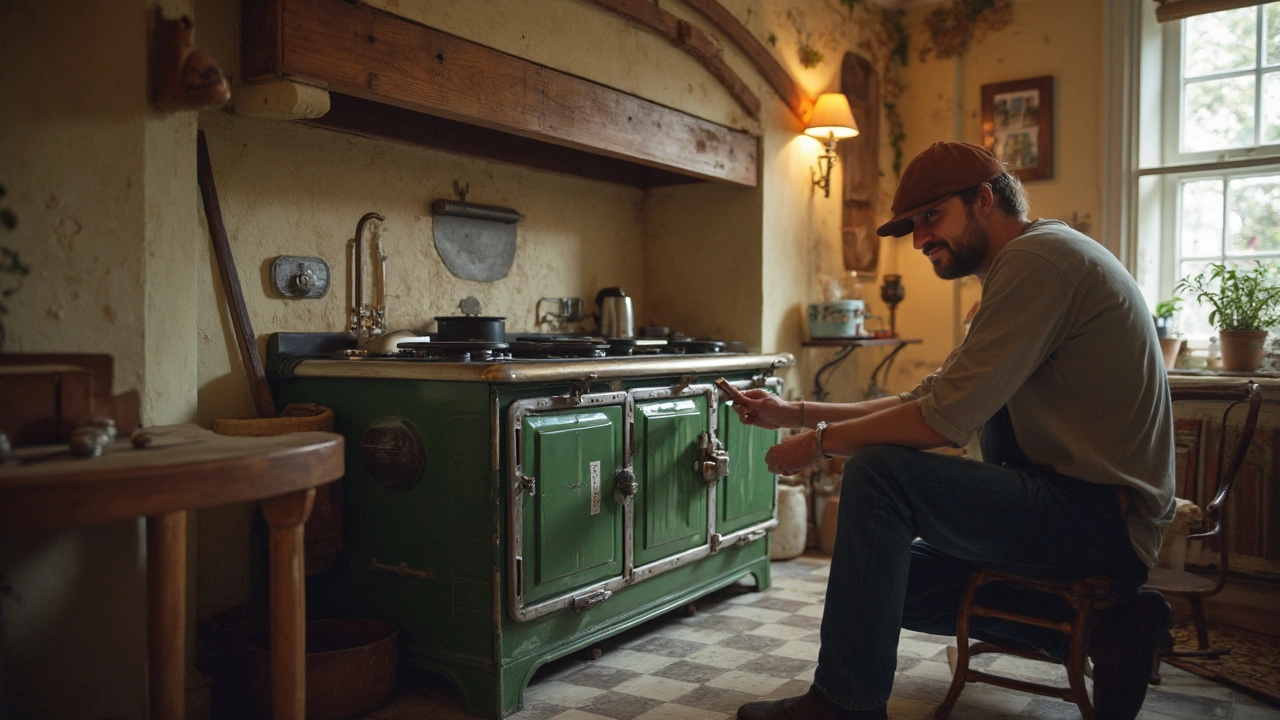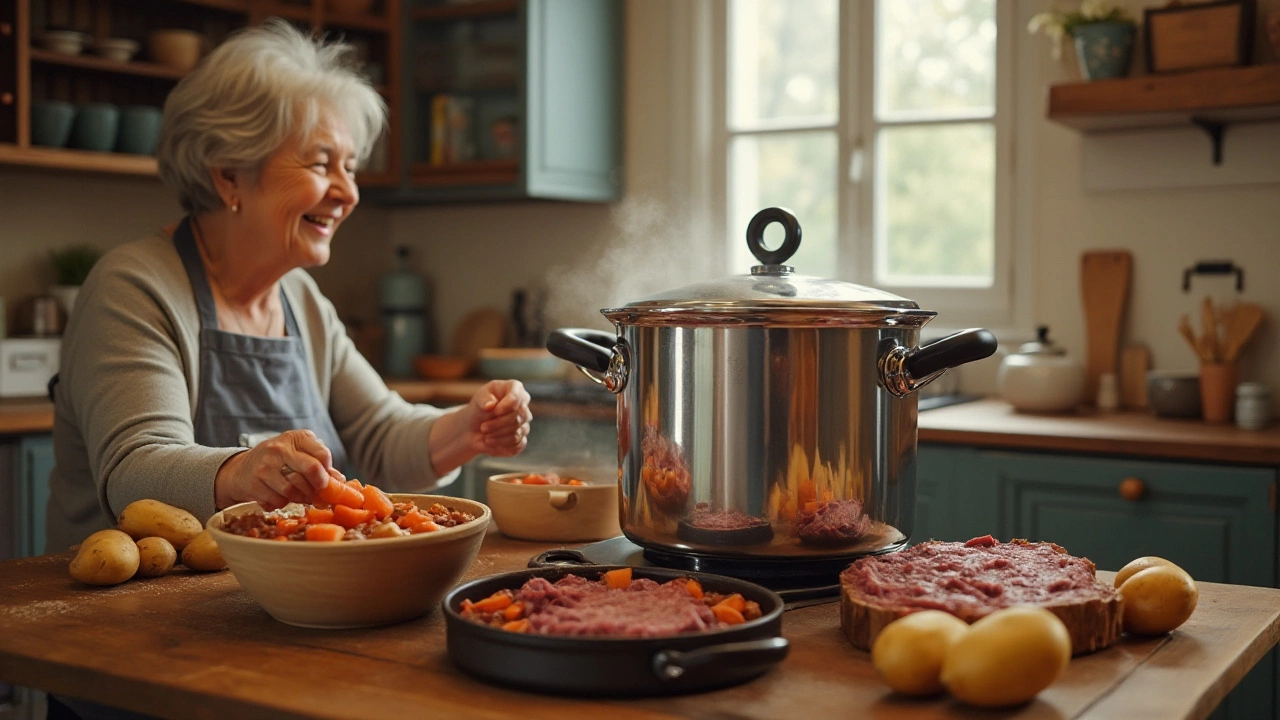Cooker Maintenance Made Simple: Keep Your Oven and Hob Working Like New
Ever wonder why your cooker sometimes feels sluggish or makes weird noises? Most of the time it’s not a big breakdown – it’s just a lack of regular care. A few minutes a month can stop costly repairs and keep your meals perfect.
Why Regular Cooker Maintenance Matters
Cooking is a daily habit, so your cooker gets a lot of heat, spills, and wear. Over time grease builds up, seals dry out, and burners can get clogged. When the parts aren’t clean, the oven takes longer to heat, the hob may spark, and you waste energy. All that adds up to higher bills and a shorter appliance lifespan.
Another reason to stay on top of maintenance is safety. A dirty burner can cause a flame to flare, and a cracked oven door seal may let heat escape, increasing the risk of burns. Simple checks keep you and your family safe while you enjoy cooking.
Simple Steps to Keep Your Cooker in Top Shape
1. Wipe spills right away. As soon as the surface cools, use a soft cloth and mild detergent to remove food splatters. This stops baked‑on grime from turning into stubborn residue.
2. Clean the oven interior monthly. Remove racks, spray an oven‑safe cleaner, let it sit, then wipe clean. For a natural option, mix baking soda with water into a paste, spread it, and wipe after a few hours.
3. Check and replace oven seals. The rubber gasket around the door should be flexible. If you feel cracks or notice heat escaping, replace it – it’s cheap and saves energy.
4. Inspect the hob burners. For gas hobs, ensure the ports aren’t blocked. Use a pin or needle to clear any debris. For electric hobs, make sure the surface is flat and free of metal crumbs that could cause short circuits.
5. Test the temperature calibration. Place an oven thermometer inside and compare it to the set temperature. If there’s a big gap, you might need a professional to recalibrate.
6. Run a self‑clean cycle (if your oven has one). Follow the manufacturer’s instructions and keep the kitchen well‑ventilated. This deep‑cleans the interior without harsh chemicals.
7. Keep the vent and fan clear. Dust can clog the exhaust, reducing airflow and causing overheating. Vacuum or brush the vent area every few months.
8. Schedule a professional check‑up annually. Even if you do everything yourself, a qualified technician can spot hidden wear and replace parts before they fail.
These steps take only a few minutes each month, but they pay off big time. You’ll notice more even baking, quicker heating, and lower energy bills.
If something feels off – like uneven heating, strange smells, or a burner that won’t ignite – don’t wait. Contact a trusted cooker repair service. Quick action prevents a small glitch from becoming a costly repair.
Remember, a well‑maintained cooker is more than just a kitchen gadget; it’s a reliable partner for every meal you make. Keep it clean, check it often, and call for help when needed – and your cooker will thank you with years of steady performance.
Is it Worth Fixing a 15-Year-Old Stove?
0 Comments
Determining whether a 15-year-old stove is worth repairing involves weighing the costs of repairs against potential benefits and lifespan. Factors such as maintenance history, the severity of issues, and energy efficiency play crucial roles. Sometimes, fixing the stove might extend its life substantially, but other times, replacement could be more cost-effective. Consider budget, sustainability, and convenience when making a decision. This guide helps navigate the pros and cons of repairing older stoves.
Read MoreCan a Pressure Cooker Be Repaired? A Practical Guide
0 Comments
Pressure cookers can often be repaired rather than replaced, saving money and resources. Understanding common issues and simple fixes, like gasket replacement or pressure valve adjustments, can extend the life of your cooker. This guide provides practical tips and insights into troubleshooting and fixing your pressure cooker at home. With the right tools and knowledge, many pressure cooker problems are manageable, ensuring your kitchen appliance continues to serve you well. Dive into the world of do-it-yourself repairs with our comprehensive guide.
Read MoreUnderstanding Pressure Cooker Lifespan and Maintenance Tips
0 Comments
Pressure cookers, a staple in many kitchens, play an invaluable role in creating quick and delicious meals. But just like any other kitchen appliance, they're not immune to wear and tear. Discover how long these cookers typically last, how to extend their lifespan with simple maintenance, and what factors can impact their durability. Gain insight into when it may be time to replace your cooker and the essential elements to inspect for ensuring safety and efficiency.
Read More

